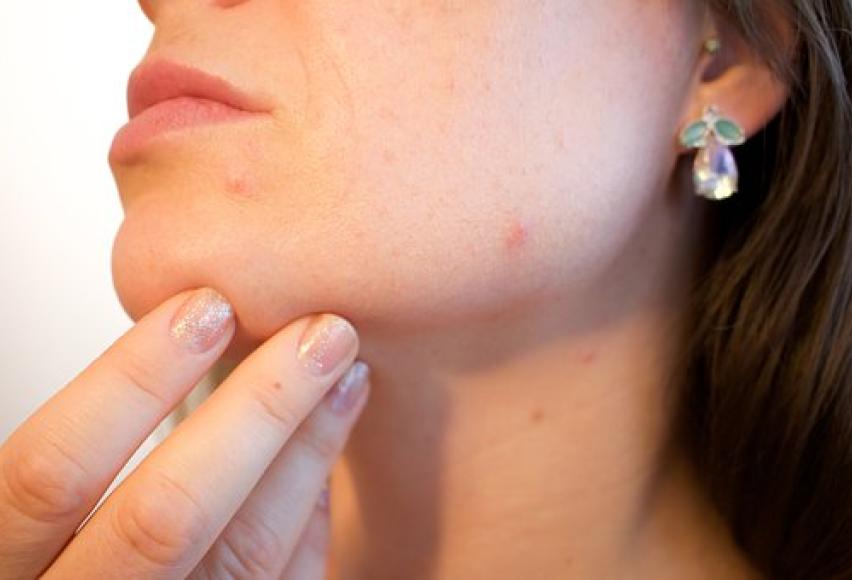Is there a link between hormonal changes and skin picking?

Online test
Find out the severity of your symptoms with this free online test
If you were to ask people who suffer from excoriation disorder whether hormonal changes influence the severity of their picking, they would likely say yes. Research supports this anecdotal evidence in several ways. First, the onset of excoriation disorder tends to occur during puberty. This means, the first time symptoms of skin picking start during a major hormonal change in the body. In addition, a study of 1,471 women aged 10-60 found a relationship between hormonal changes and an increase in “focused” picking behavior (Flessner et al, 2009). These women, described picking behavior as more severe when hormones were changing throughout their lives.

Types of Skin Picking and Hormones
Researchers define two types of skin picking, automatic and focused. Automatic is the type where picking behavior occurs outside of awareness while focused picking behaviors tend to be in response to stress, anxiety, or distress. With focused behavior, there may be an urge to pick based on internal or external cues, but the behavior results in the form of relief. The theory is that those who pick their skin in response to anxiety, stress, or distress will experience worsening symptoms during hormonal changes. To the body, hormonal changes are stressful and many other mental health issues are affected by them. Research from the World Health Organization suggests hormonal changes involved in perimenopause, or the 2-8 years prior to menopause, can mood and anxiety symptoms to worsen. Therefore, if hormone changes can worsen mood and anxiety symptoms, it can be assumed that skin picking behavior tied to anxiety will also worsen.

Stimulus Regulation Model
There is another explanation. In 2002, Dr. Fred Penzel wrote about the stimulus regulation model of body-focused repetitive behaviors (BFRBs). Through his work with people suffering from trichotillomania, he suggests that BFRBs are an effort to regulate an internal state of imbalance. Hormonal changes are an internal state of imbalance. Other basic body functions such as temperature, blood pressures, heart rate, stimulate the body in one way or another when they are out of balance. An increase in body temperature causes sweating, blood pressure decreases cause lightheadedness, and an increased heart rate causes a panic-like sensation. Dr. Penzel believed people with BFRBs have a nervous system that has difficulties managing the internal balance along with a genetic predisposition of turning to BFRBs to manage it.
Know your body
When internal systems are out of balance, it is not always perceived by the person experiencing it in a way that makes it easy to classify as anxiety or distress. The body perceives and reacts differently than the mind. While research is not conclusive on the influence of hormonal changes on picking behavior, anecdotal evidence strongly suggests it. What really matters is how hormonal changes influences the individual, and self-awareness is the first step to that determination. For women, pay attention to behaviors in relation to the menstrual cycle, childbearing, medication changes, or potential health conditions. Not only can hormones increase picking behaviors, but consider an unexplained increase in picking may indicate some issues with hormones.
References
Penzel, F. (2002). A stimulus regulation model of trichotillomania. In Touch, 3(33),
12–14. Retrieved from https://www.bfrb.org/component/content/article/3-treatment/102-a-stimulus-regulation-model-of-trichotillomania
Flessner, C. A., Woods, D. W., Franklin, M. E., Keuthen, N. J., & Piacentini, J. (2009). Cross-sectional study of women with trichotillomania: A preliminary examination of pulling styles, severity, phenomenology, and functional impact. Child Psychiatry & Human Development, 40, 153-167. doi: 10.1007/s10578-008-0118-5
Online test
Find out the severity of your symptoms with this free online test
Start your journey with SkinPick
Take control of your life and find freedom from skin picking through professional therapy and evidence-based behavioral techniques.
Start Now



